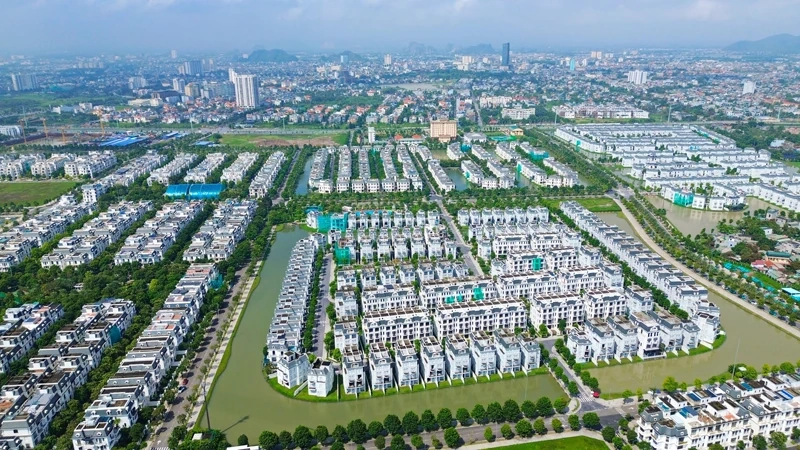
Revenue and expenditure have created conditions for Thanh Hoa province to invest in developing increasingly modern urban infrastructure.
According to the report of the Standing Committee of the Provincial People's Committee Party Committee, the total State budget revenue in the area in the first 10 months of 2025 is estimated at 48,190 billion VND, equal to 106% of the estimate and 100.3% of the same period. Of which: domestic revenue is 30,904 billion VND, equal to 112.4% of the estimate and up 2.7% over the same period; revenue from import-export activities is 17,286 billion VND, equal to 96% of the estimate and 96.2% of the same period. This result reflects the dynamism in direction and administration, as well as the effectiveness of policies on production and business development, investment encouragement, consumption promotion, anti-loss and transfer pricing. In particular, the good exploitation of revenue sources from land, non-state enterprises, personal income tax, registration fees... has contributed significantly to offsetting the shortfall due to the Central Government's tax exemption, reduction and extension policies.
However, the revenue structure still shows some shortcomings. Domestic revenue (excluding land use fees) is still lower than the average growth rate of the whole country. Some revenue items such as environmental protection tax, land rent, non- agricultural land use tax have decreased, showing that the room for sustainable revenue growth is still limited and needs to be adjusted in the coming time.
Along with efforts to increase revenue, Thanh Hoa focuses on managing local budget expenditures (NSDP) closely and flexibly, ensuring compliance with the provisions of the State Budget Law and related documents. Total NSDP expenditures in 10 months reached nearly 40 trillion VND, with important spending areas such as education - training, health, social security, national defense - security being prioritized. Budget settlement and supervision work is being carried out seriously. By the end of August 2025, the Provincial People's Committee had approved the settlement of 32 projects and works with a total value of 2,023 billion VND, saving more than 5 billion VND compared to the investor's request. Although the numbers are small, they clearly reflect the spirit of "practicing thrift and fighting waste" being effectively implemented at every level, every sector, and every locality.
However, Thanh Hoa is also facing a lot of pressure. Many expenditure tasks arise outside the budget - such as funding for administrative unit arrangement, supporting infrastructure investment for new commune-level governments, or new social security policies issued by the Central Government, which makes balancing the budget a challenge.
A highlight in this year's financial and budgetary work is the synchronous participation of the entire political system. After Thanh Hoa completed the arrangement of administrative units and implemented the 2-level local government model, the financial and budgetary management apparatus from the province to the grassroots level has gradually operated stably, ensuring "smoothness, continuity, and no interruptions". The communes and wards after the merger have proactively developed appropriate revenue and expenditure plans, improved management capacity, increased financial autonomy, and aimed at sustainable balance.
However, the report of the Department of Finance also frankly pointed out that: the capacity for forecasting, analyzing and operating in some localities is still limited; a number of commune-level officials after the merger still have a wait-and-see mentality, lacking initiative. This requires continuing to foster basic financial skills, strengthening discipline and order in budget management and operation - considering this as a measure of responsibility and capacity to perform public duties.
To complete the 2025 budget and make solid preparations for 2026 - the first year of implementing the 5-year socio-economic development plan (2026-2030), Thanh Hoa Provincial Party Committee has been focusing on directing the Provincial People's Committee and relevant departments and branches to continue to strengthen revenue management, restructure revenue sources in a sustainable manner, and prevent revenue losses. Along with that, promoting administrative reform, improving the investment and business environment, creating favorable conditions for businesses - especially the private economic sector - to develop, thereby expanding revenue sources. Prioritizing resources for development investment, science - technology, innovation and digital transformation; speeding up the disbursement of public investment capital, not allowing the development capital flow to be interrupted; tightening discipline in land auctions and mineral exploitation, ensuring publicity and transparency, bringing in the highest revenue for the budget.
Regarding budget expenditure, the province determined to continue practicing thrift, fighting waste, focusing on spending on key tasks; ensuring social security, salary reform, infrastructure investment and especially breakthroughs in science and technology, digital transformation, private economic development and social housing.
With the right steps, in the coming time Thanh Hoa will continue to develop so that by 2030 it will be among the leading provinces in the country, and by 2045 it will become a rich, civilized and happy province.
Article and photos: Minh Hieu
Source: https://baothanhhoa.vn/nang-cao-nguon-thu-dam-bao-nguon-chi-cho-phat-trien-267241.htm










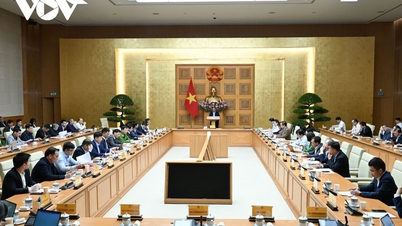

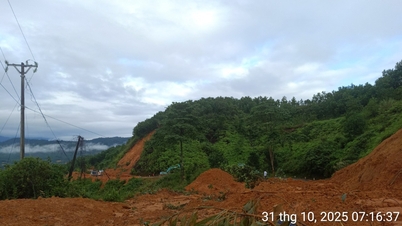

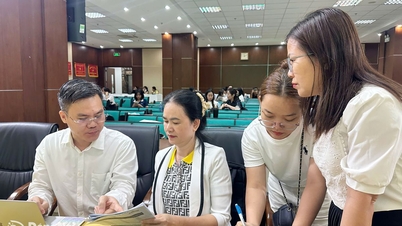

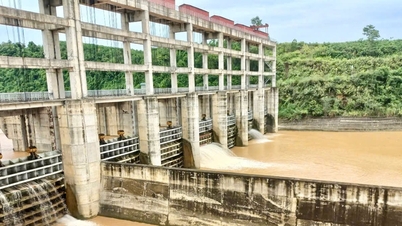

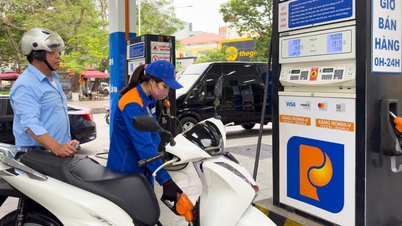





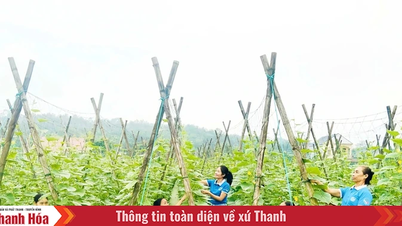
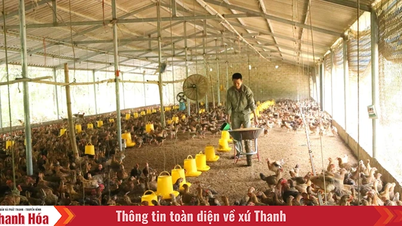
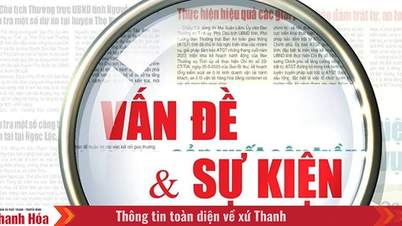

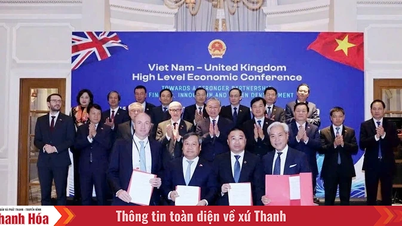
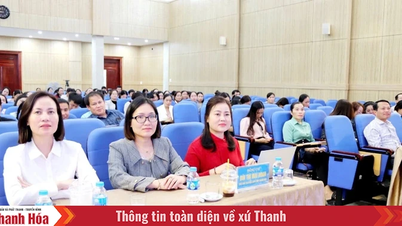
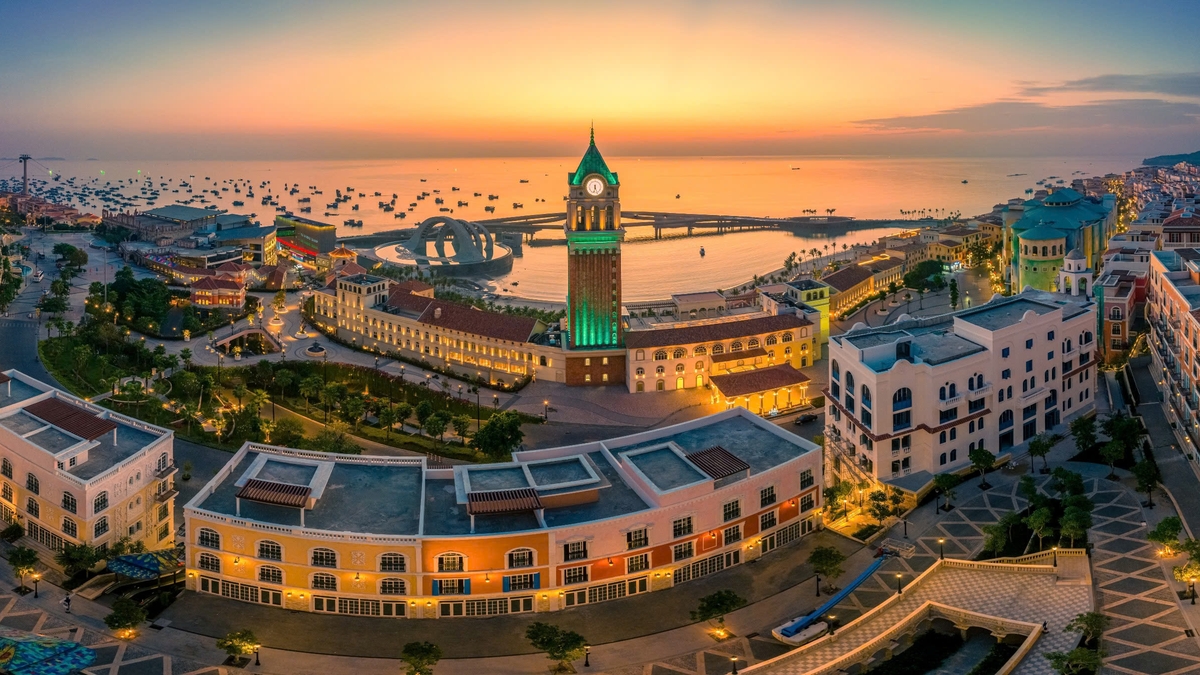








































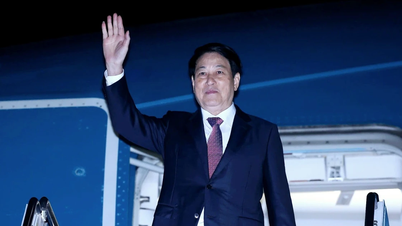


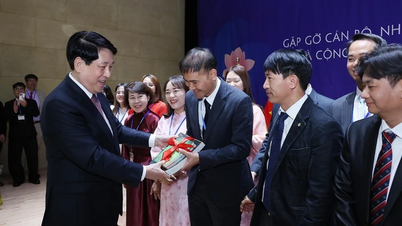

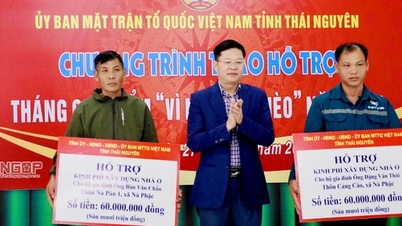
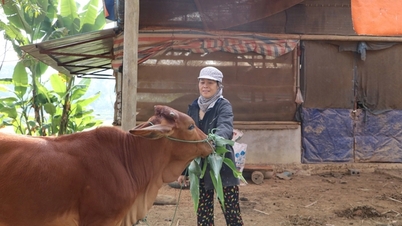
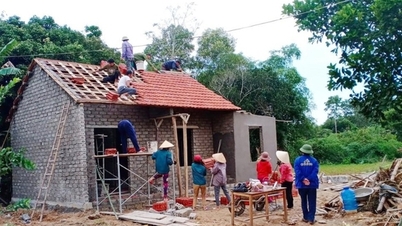
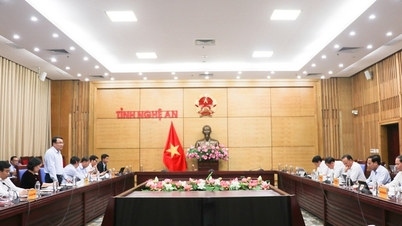

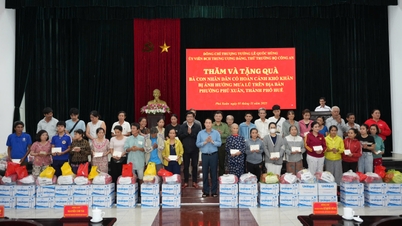
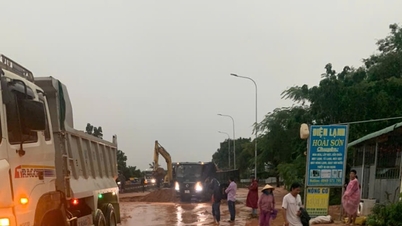



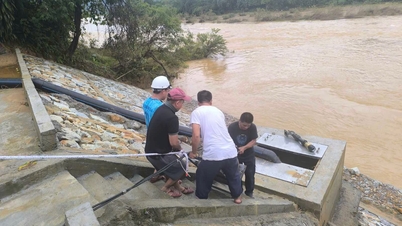


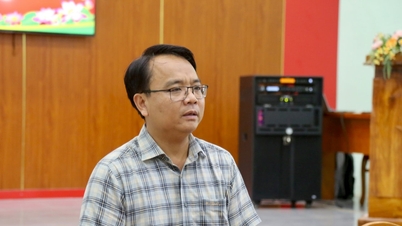
















Comment (0)